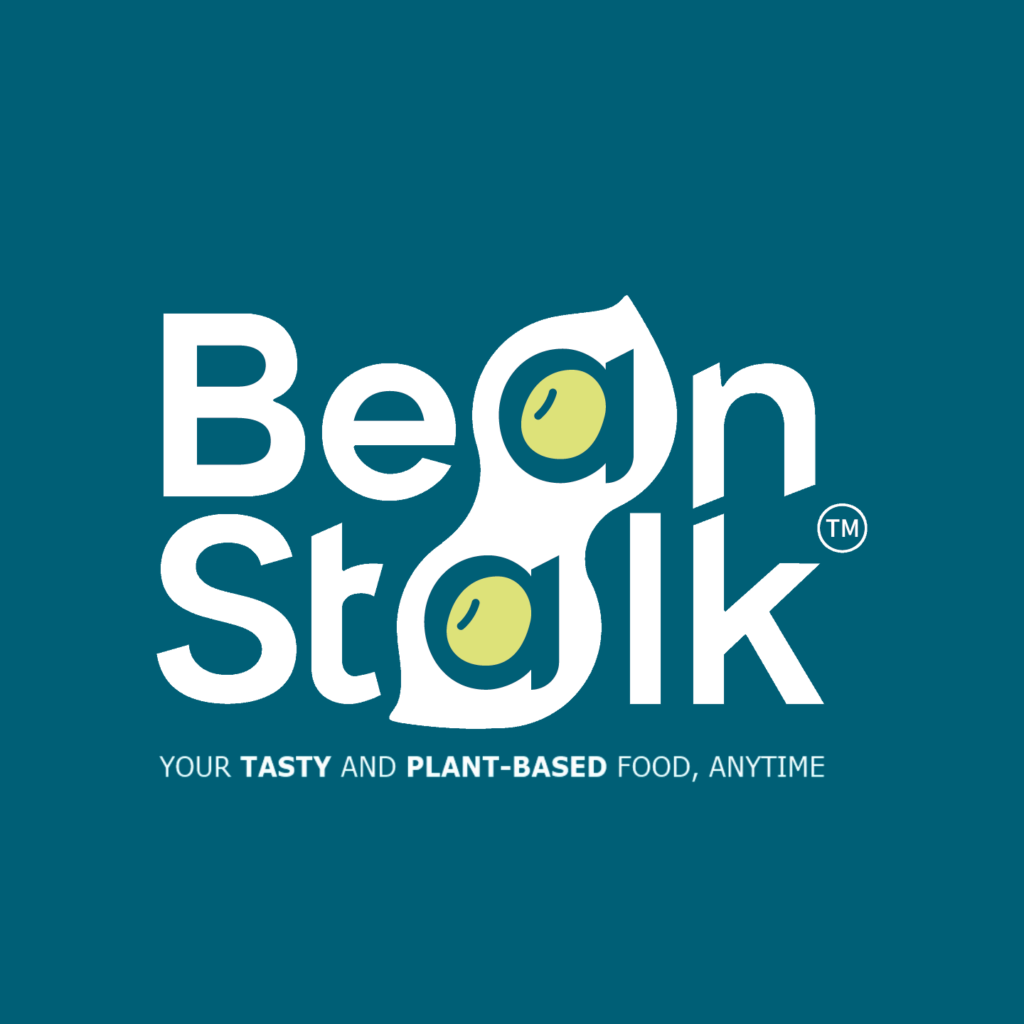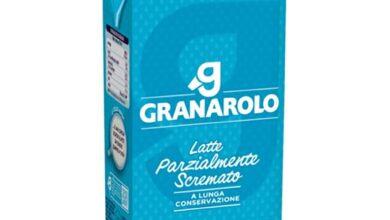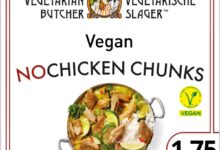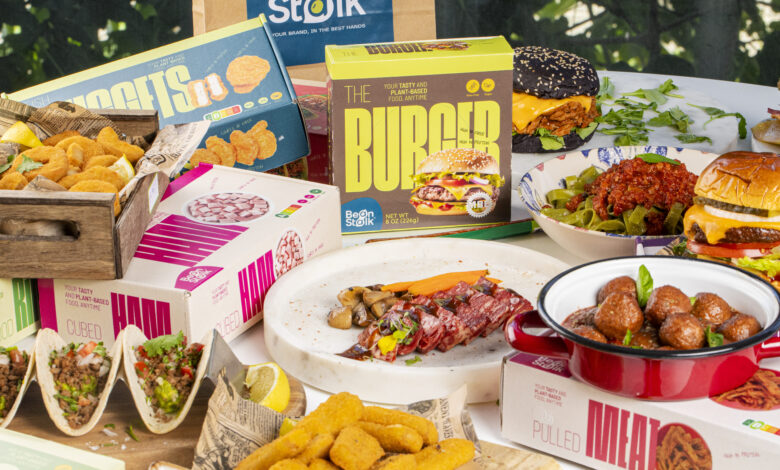
Savoury plant based food from Beanstalk Foods
Savoury plant based food, not only for vegans that is what Beanstalk Foods is succesfully bringing to several export markets. We had a talk with David Guarch, business development manager.
What inspired the founding of Beanstalk Foods, and what is the company’s mission?
BeanStalk Foods is the youngest company in a large Chinese–Spanish business group, comprising over 24 companies, with very diversified businesses, including industrial ingredients, pharma, mining, recycling, but also food ingredients.
Five years ago, the decision was taken to create a division for plant-based food production, thinking that, in the future, the current food system would require significant changes, and that it was best to participate in them, and not just watch them happen.
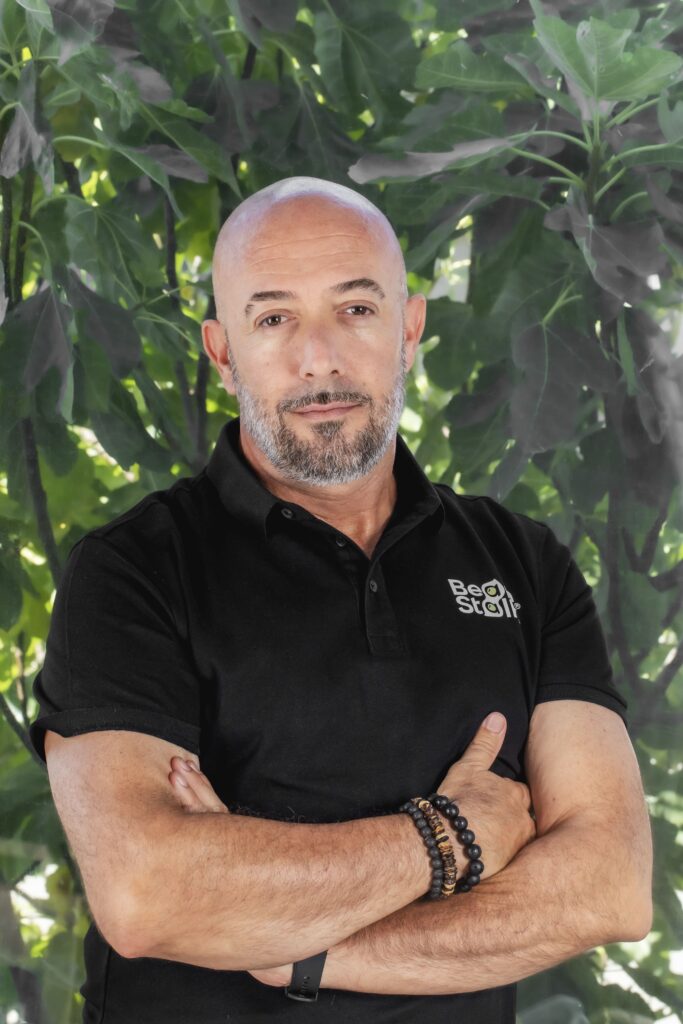
Then, the first production plant was built, and a first small-scale marketing was started in China.
In 2022, a marketing branch was established in the United States, and, in 2023, BeanStalk Foods was created to lead the strategy at a global level and to develop and drive sales in Europe. From our base in Spain, we develop the products at the level of R&D, ingredients, legislation/regulation, texture objectives, flavors, packaging, etc. We then produce the products in our plant and then distribute them to the global market.
Our mission is quite simple:
To produce and provide diverse, quality plant-based foods for all consumers, not just vegans.
By embracing a global outlook, seeking out the best ingredients, embracing new ideas, and strengthening our brand, we aim to become a leading player in the plant-based food industry.
How does Beanstalk Foods ensure the nutritional quality of its plant-based products?
We guarantee nutritional quality, first, by selecting the suppliers and ingredients we buy. We have requirements regarding quality, origin, etc. and to do so we look for the best suppliers and ingredients, wherever they come from.
Our plant is certified to the highest international standards, including FSSC, ISO, FDA for the USA, and HACCP certifications in the plant, and this forces us to be demanding with our processes, production, suppliers and collaborators.
Secondly, all our products are high in protein, several of them are a source of fiber, most of them are low in sugar and all of them contain iron and vitamin B12. It is not just about filling your stomach, but also about taking care of your health.
Can you describe the variety of plant-based products Beanstalk Foods offers?
At BeanStalk we believe that the problem that many say about the sector being in decline due to a lack of consumer demand is not true; the problem, we think, is supply. If you always find the same 4 products and you are not vegan, you are not going to repeat (lack of demand?), and if on top of that, not all of them are as good as you would like them to be, then there is an added problem.
That is why we were clear, first, that the main objective must be the flavor and texture; after everything else. If the product does not meet consumer expectations, there will be no repetition. Eating is an experience and as such, it should be enjoyed.
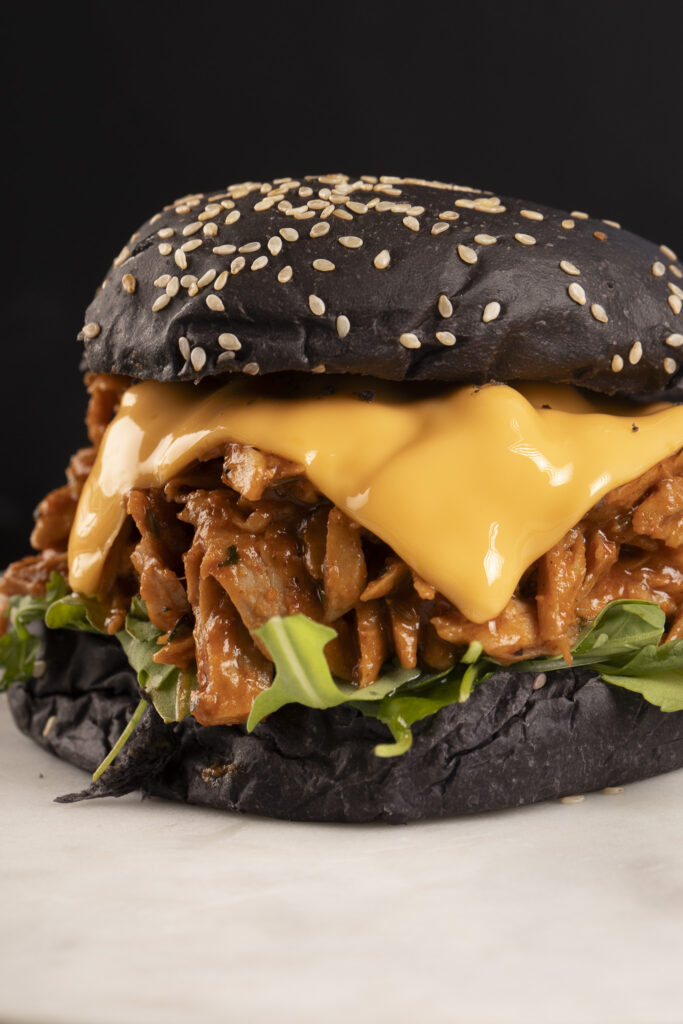
On the other hand, we make food for everyone, not just for vegans, so, even more, we must take care of the flavor. And, above all, thinking that the key is in the supply, we are developing a wide range of products. We already have available Burger, Meatballs, Minced Beef, Shredded Beef, Fried Chicken Bites, Pastrami, Bolognese Sauce, Squid Rings, Fish Sticks, Salami and ChorizoSnacks, and we have another 7 or 8 products in the final phase of development to launch in the next few months. Some of them will be quite surprising.

We believe we will become the brand with the most variety of products on the market.
What are some of the key health benefits of consuming Beanstalk Foods’ products?
BeanStalk Foods products are made with natural ingredients. Although our main focus is on flavor and texture, we also have the important goal of working with ingredients of natural origin as far as possible.
So far, we are achieving this.
How does Beanstalk Foods contribute to environmental sustainability?
It is an interesting question. We have chosen to establish a large central production plant with an initial production capacity of 100,000 tons per year. This plant will be capable of supplying global clients of any size and in any location. It is located in Asia, rather than having several smaller plants situated between Europe and the United States.
It may seem that, due to the great distance between China and Spain, pollution is greater, but this is not the case. Small plants are less energy efficient and required to be supplied more frequently from suppliers, who will have internal transport, so in the medium term, they end up being more polluting.
On the other hand, given a large demand, which we expect to have, four small plants will be even less efficient than a large central plant.
What innovations has Beanstalk Foods introduced in the plant-based food industry?
Our innovations are currently at the level of the product range and providing them all with benefits such as a high protein content, iron, or vitamin B12.
We are already working to be able to change and improve our protein source in the medium term to make them more nutritious, more digestible, and even tastier.
How does Beanstalk Foods source its ingredients, and are they organic?
One of our strategic objectives is to make all our products organic, although this is currently challenging.
Firstly, to be organic, at least 95% of the ingredients must be organic. Secondly because now and unfortunately, organic is still more expensive and one of our goals is to make our products affordable.
However, we do look for the best ingredients, wherever they are, to achieve the best possible products.
What challenges has Beanstalk Foods faced in promoting plant-based alternatives?
It is true that the consumption of alternative meat products is increasing because people are becoming more aware, but it is also true that there is a lot of work to be done; both in terms of offering good products (taste, variety, price), and in getting the support or complicity of governments, retailers and wholesalers to believe and work in the same direction.
We are one of the newest companies, but this is something that our colleagues from other brands that have been in the market for a while know very well.
How does Beanstalk Foods ensure that its products appeal to both vegans and non-vegans?
First, because our intention is not to criminalize the meat sector. We produce plant-based foods, but above all, delicious and varied ones.
We encourage you to include our products in your diet. If you are vegan, perfect; if not, if they are delicious, why not try them? Spaghetti with pesto is vegan, as is a salad or sautéed mushrooms.
If you are an omnivore, incorporating our products into your diet means more variety, other flavors, other alternatives, and less meat.
What are the future goals and expansions planned for Beanstalk Foods?
After a little over a year in the development phase, we are just now starting to market our products. We have been exhibiting at trade shows since the end of last year and we are going to launch at a European level, as well as at US level.
Our commercial objective is to be a powerful brand, valued globally for good products, not only by vegans. And not only with our brand, which is our main focus, but also by helping others (manufacturers, caterers, retailers) by producing for them, at a global level.



